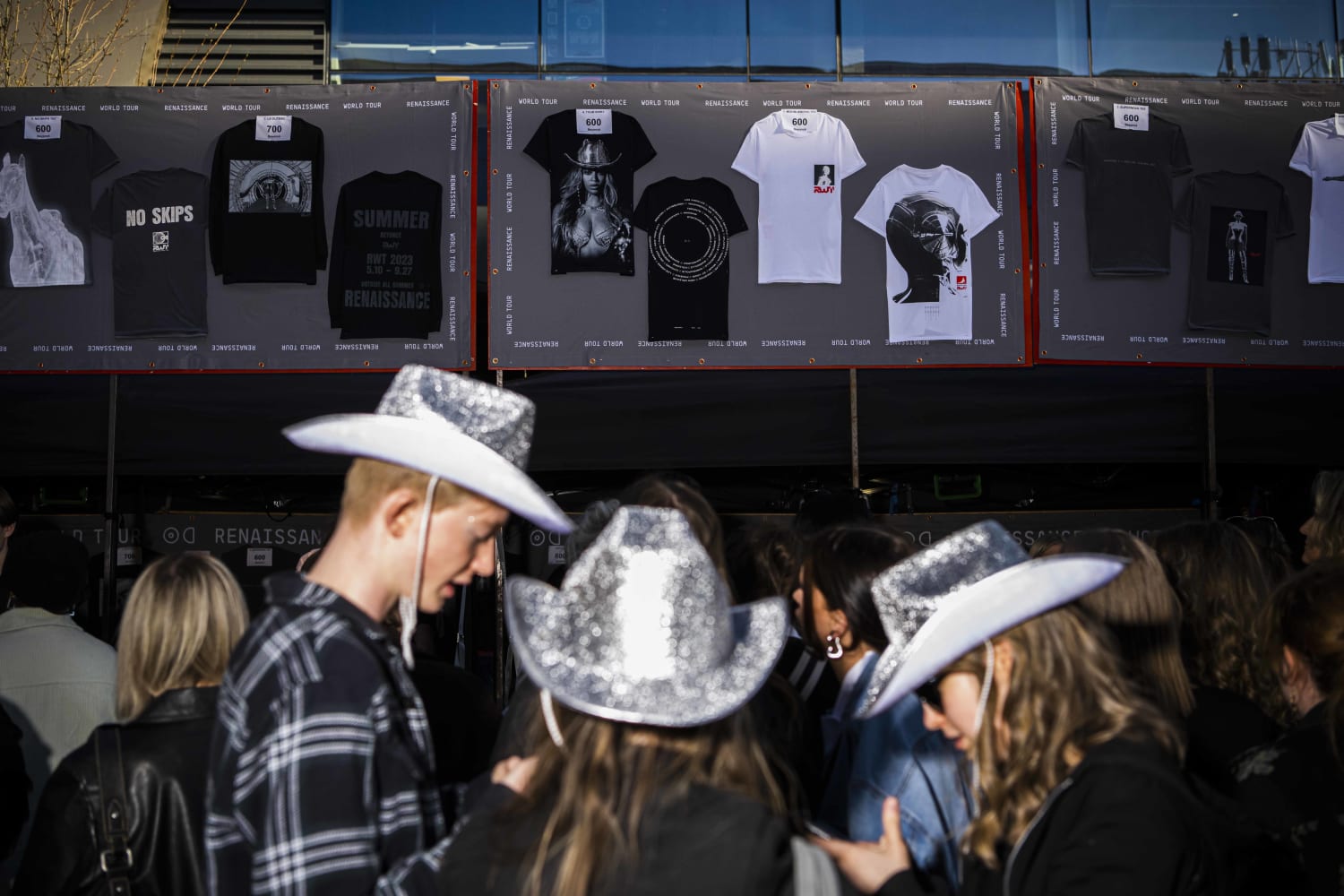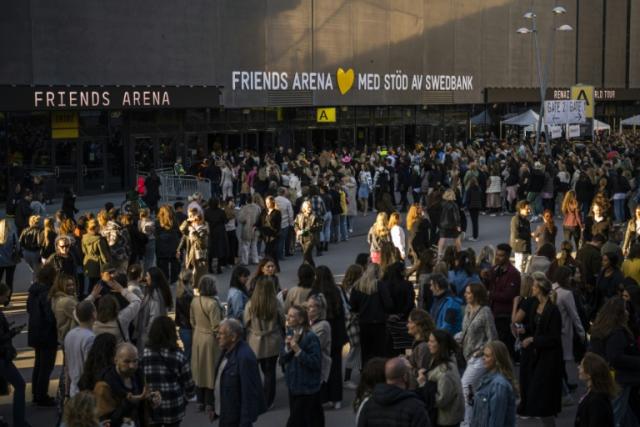Beyoncé’s Tour Causes Swedish Inflation Headache; Concerts Once Considered As An Economic Marvel Have Become Symptom of Celestial Chaos In Times Of Recession
In a surprising turn of events, Swedish economists have laid the blame for higher-than-expected inflation in May squarely at the feet of none other than Beyoncé. Yes, you read that right. The Queen Bey's decision to kick off her Renaissance tour from Stockholm sent shockwaves through the economy, igniting a frenzy of hotel bookings and dining demands that allegedly caused a 0.2 percentage point rise in inflation.

Who would have imagined that Beyoncé’s concert in Sweden could ignite an economic firestorm, leaving economists flabbergasted and inflation figures moonwalking to new heights?
Yet in what combines the surreal with the sublime, the Queen Bey herself has emerged as an unlikely protagonist in the realm of monetary mayhem. Move over, stock market crashes and supply chain disruptions, for we now have Beyoncé, the untamed force that sends economies into a fierce frenzy with a mere flick of her microphone.
According to Statistics Sweden, core inflation, excluding energy prices, soared to a staggering 9.7 per cent in May, leaving the economists flabbergasted, as they had predicted a more modest increase of 9.4 per cent, failing to anticipate the extraordinary impact of the “Beyoncé effect” on the nation’s economic stability.
Experts were quick to express their astonishment. “Beyoncé is responsible for the extra upside surprise this month. It’s quite astonishing for a single event. We haven’t seen this before,” exclaimed a bewildered Michael Grahn, Danske’s chief economist in Sweden, who attributed the 0.2 percentage point inflation rise to the pop icon.
Dubbed the “Beyoncé effect,” this phenomenon of a single event causing such economic disruption is a rarity. While major sporting tournaments often have a similar impact, it is highly unusual for a solo artist’s concert to send inflation skyrocketing.
In mid-May, hoards of fans descended upon Stockholm to witness the long-awaited return of Queen Bey. With each concert hosting an estimated crowd of 46,000 fans, hotels filled up rapidly, leaving some concertgoers stranded outside the capital. Reports even emerged of international fans taking advantage of the weak Swedish currency and affordable ticket prices to make the pilgrimage to Sweden.
In an interview with the Wall Street Journal, Michael Grahn described this occurrence as “very rare,” expressing his belief that the situation would return to normal in June. However, one brave economist warned that Sweden might face a similar inflation surge when Bruce Springsteen graces Gothenburg with three nights of concerts in June. Should the other nations on the list tremble in anticipation of a further rise in the current inflation figures?

Bracing For “Beyonce Effect” Impact
But let’s not confine the “Beyoncé effect” to Sweden alone. As Queen Bey’s tour continues to conquer European capitals like Brussels, Cardiff, Edinburgh, and London, one cannot help but wonder what havoc she will wreak on other nations. Will Germany experience a “Beyoncé boom” with ticket sales and hotel bookings soaring? Will the Netherlands find itself in the grip of “Beyoncé fever,” leading to an unprecedented rise in inflation? And can Poland survive the fierce onslaught of Beyoncé’s economic prowess?
With seven more dates in Canada and the United States, the rest of the world holds its breath, wondering if they, too, will fall victim to the “Beyoncé effect.”
An Economic Marvel Turns Into Celestial Chaos
In a twist that defies economic convention, Beyoncé’s concert in Stockholm has become the scapegoat for Sweden’s higher-than-expected inflation. Who would have thought that a single event could hold such sway over an entire nation’s economy? Economists are scratching their heads, searching for answers amidst the glittering debris left in Beyoncé’s wake.
Blame Recession
In the days before the recession, a concert’s contribution to a country’s economy was seen as a harmonious symphony of prosperity. The cheers of adoring fans were music to economists’ ears, signalling a boost in hotel bookings, restaurant reservations, and general merriment. But lo and behold, the age of recession can Queen Bey be blamed for shattering these preconceptions, leaving us all wondering if we’ve stumbled into a parallel economic universe.
While economists frantically analyze inflation figures, one can’t help but imagine the conversations of yesteryear. “Oh, the Beatles are coming to town! Our economy will be in the throes of a joyous boom!” they would exclaim, sipping their brandy in silk robes. Yet here we stand today, pondering the unfathomable consequences of a Beyoncé concert on the fragile fabric of our economic tapestry.

In the past, concerts were lauded as beacons of economic promise. They brought tourists from far and wide, who would empty their wallets with glee in pursuit of an unforgettable night of music. But now, economists are baffled by the sheer magnitude of the “Beyoncé effect.” They shake their heads in disbelief, wondering if our modern world is indeed a dystopian dreamscape where the laws of economics bend during a recession.
The Last Bit, In the midst of this economic circus, one thing is certain, perhaps Queen Bey couldn’t have chosen a worse time for her concert!





